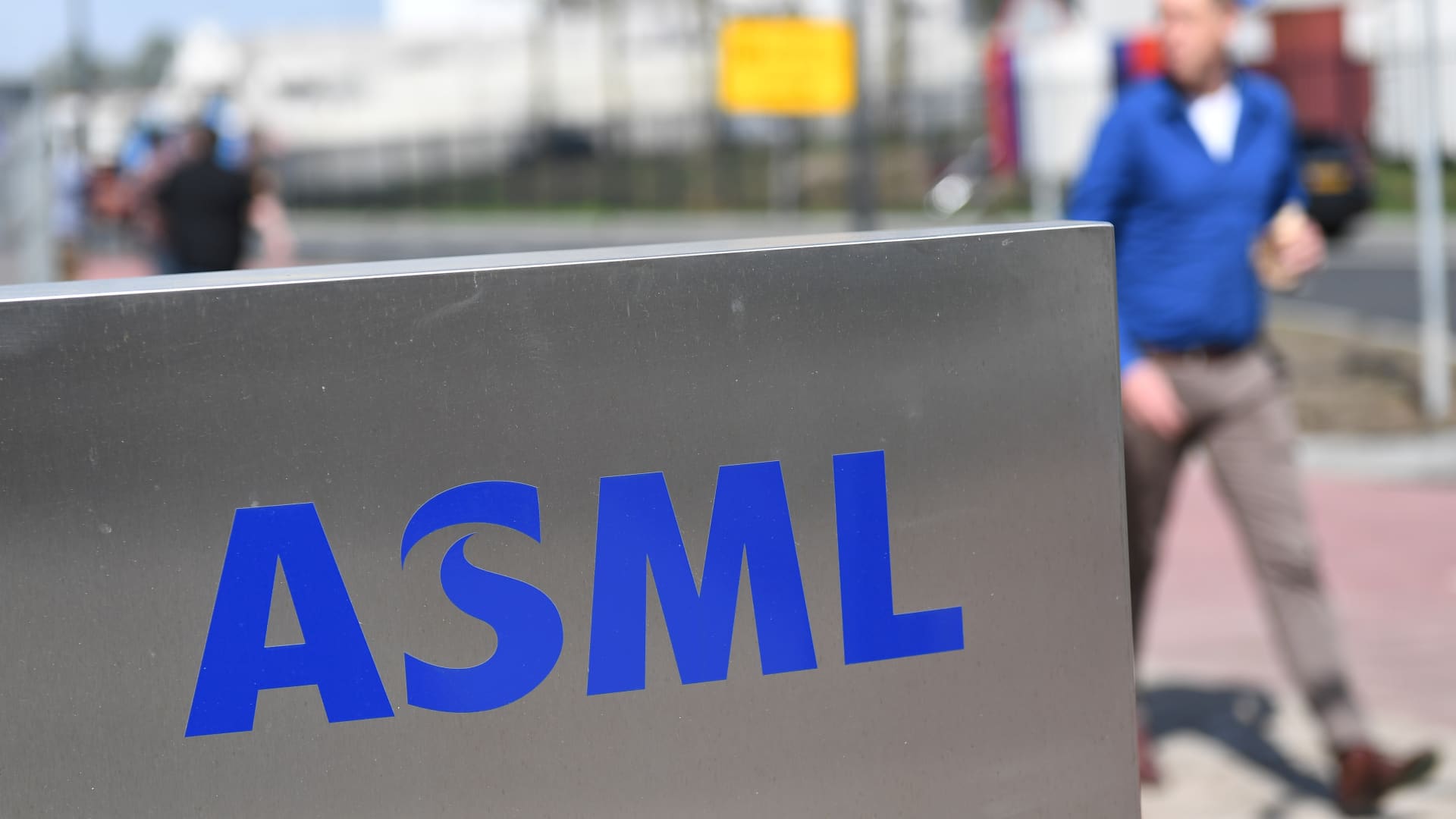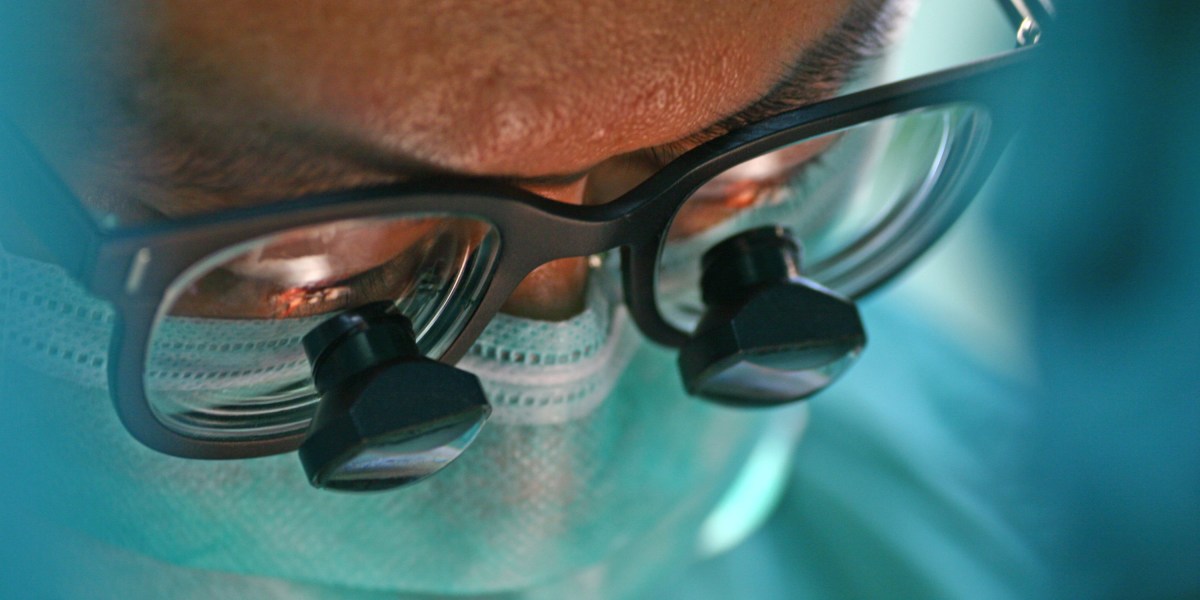Beauty company goes public with 40% of pop debut

Oddity Tech, a beauty and wellness company that uses artificial intelligence to develop cosmetics and has former Israeli defense officials on its staff, made its public market debut with a 40% rise on Wednesday as the IPO market heats up.
The direct-to-consumer platform behind the Il Makiage and Spoiled Child brands opened at $49.10 a share after setting an IPO price of $35 a share on Tuesday night. That was above a previously set range of $32 to $34 per share.
The company sold 12.1 million shares and had an estimated market valuation of $2.8 billion as of midday trading on Wednesday.
Oddity and its shareholders, including L Catterton, raised about $424 million in the deal.
The shares trade on the Nasdaq under the ticker “ODD”.
“We’re taking the company public because I want to build something huge, otherwise I would sell the company. So this is just another milestone,” co-founder and CEO Oran Holtzman told CNBC. “Meeting with so many investors in the last two weeks and … seeing them get what we’re doing and buy into our vision after working so hard, I think that makes me so happy and so grateful.”
Oddity, launched in 2018 by Holtzman and his sister Sheeran Holtzman-Errell, aims to disrupt the outdated beauty market and replace the in-store experience by using data and artificial intelligence to develop brands and generate personalized product recommendations.
At the core of Oddity’s business model is its proprietary technology—including tools developed by a former Israeli defense ministry official—and the billions of data points it has collected from millions of users.
The company stands out from other direct-to-consumer retailers going public in 2021 because it has grown while generating revenue.
“We are opening online for one of the most attractive and profitable [total addressable markets] on the planet,” said Lindsay Drucker Mann, Oddity’s global CFO and former Goldman Sachs executive. This is only possible because of our unique technology-centric and data-driven model.”
For the three months ended March 31, the company’s revenue was $165.7 million, compared with $90.4 million in the same period last year. Net income was $19.6 million, or 35 cents a share, compared with about $3 million, or 5 cents a share, a year earlier.
In fiscal 2022, Oddity generated $324.5 million in sales and net income of $21.7 million, or 39 cents per share. Last year, the retailer had revenue of $222.6 million and net income of $13.9 million, or 26 cents per share.
In 2020, sales were $110.6 million and net income was $11.7 million, or 22 cents per share.
For the three months ended March 31, its gross margin was 71%, up 4 percentage points from 67% last year.
On average, Oddity’s gross sales have doubled every year since 2018, the company said.
In a regulatory filing, Holtzman touted the company’s workforce and said 40% of its global workforce is made up of technologists, many of whom were recruited from the Israel Defense Forces’ top technology units.
In late April, Oddity announced it was investing more than $100 million to acquire biotech startup Revela and open a lab in the U.S. to use artificial intelligence to create brand new molecules to use in its cosmetics brands and future lines.
Looking ahead, Oddity plans to launch more brands and will use revenue from its offerings to invest more in its data and technology and create products it says are backed by science.




